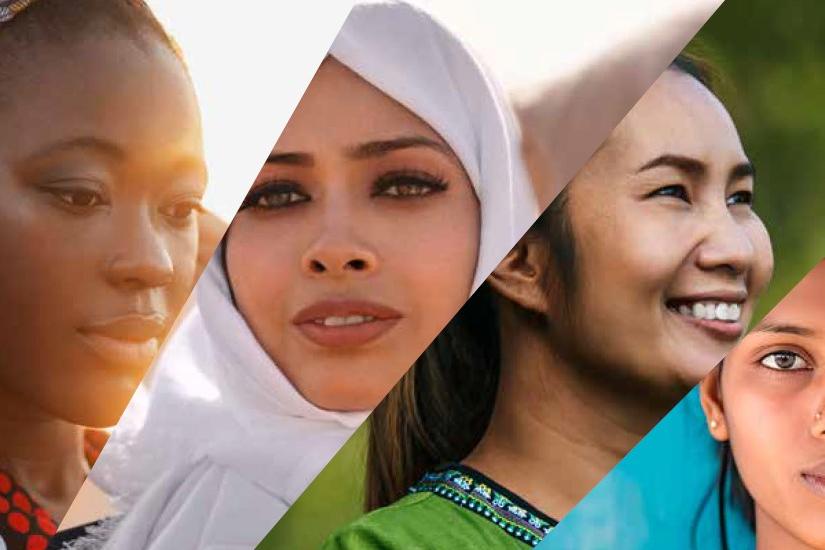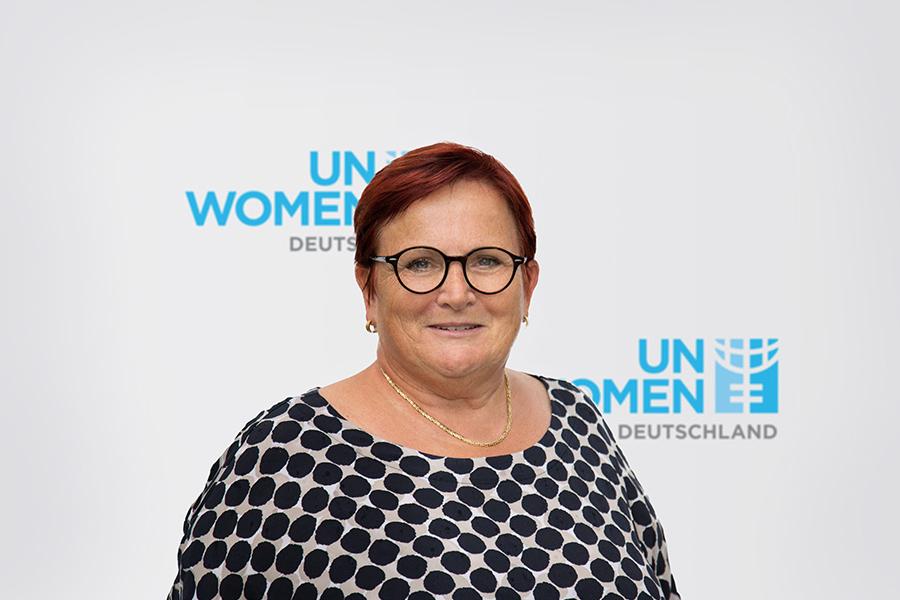Access to the same resources as men, access to education and adequate representation in parliaments – these are just a few of the many demands to sustainably improve the situation of women worldwide. “We don’t have a deficit of knowledge, we have a deficit of action,” says Elke Ferner, Chair of the Executive Board of UN Women, in an interview with Diplomatisches Magazin.
DM: Ms. Ferner, the last UN Commission on the Status of Women called for “immediate action to achieve real equality for women and girls by 2030.” What measures are these and what are the chances of realisation?
Elke Ferner: This year’s Commission on the Status of Women focused on combating poverty among women and girls and gender-equitable financial policies. None of the demands are new because for years we have not had a deficit of knowledge but a deficit of action. It was about nothing less than equal access to education, to the healthcare system, to good work including equal pay, the compatibility of family and career for all family forms as well as a fair distribution of unpaid care work, equal participation in leadership positions and in parliaments. An independent livelihood in conjunction with guaranteed legal entitlements to cover the major risks of life are the best protection against poverty. All dimensions and all levels of politics, business, and society are called upon to create a binding and effective legal framework. Full gender equality must be the guiding principle here so that, together with a consistent gender impact assessment, full equality can be realised by 2030. This also includes actively combating gender-based violence so that women and girls can develop freely and live in safety. The realisation of true equality by 2030 can only succeed if the political will is there and investments in equality are seen for what they are: investments in a sustainable and just future for all people.

DM: The UN member states have agreed on a final document on the eradication of poverty among women and girls. That sounds good but is likely to fail in reality, as poverty does not have just one cause but is usually multi-causal.

Elke Ferner: The response to gender-specific poverty must be correspondingly multi-causal. Poverty can only be combated through comprehensive gender equality in all policy areas, at all levels, and in all parts of the world. The 3 R’s of feminist foreign policy and development cooperation – Rights, Resources, Representation – must be integrated into all policy areas. If you want to fight poverty sustainably, you have to eliminate the structural causes of poverty. Restricted access to free education, lack of sexual and reproductive rights, legal and structural disadvantages for women and girls in all their diversity, role stereotypes, and lack of participation in decision-making bodies increase the risk of poverty and violate the right of women and girls to live free from poverty and injustice worldwide. The complex interaction between poverty and gender inequality deepens existing discrimination, especially in crises. Political decision-makers must understand that gender equality is not a “nice to have,” but an urgent necessity.

DM: “Feminist foreign policy”: Isn’t this concept in an emergency more of a toothless tiger, as we could and can see from the example of Iran?
Elke Ferner: A feminist foreign policy is an important instrument for gender equality. Nevertheless, feminist foreign policy is not a miracle cure for changing patriarchal structures worldwide in one fell swoop and single-handedly. The “Woman. Life. Freedom.” movement in Iran and the regime’s reaction to the protests is certainly an event to which feminist foreign policy must find an effective response. The regime's reaction to the protests in Iran has first and foremost demanded that the German government condemn this violence. The timing of this reaction can be assessed in different ways, but it does not change the assessment of the effectiveness of feminist foreign policy as such. The explicitly feminist view of foreign policy action calls on politicians to act to dismantle patriarchal structures. Possible criticism of the resulting realpolitik implementation cannot mean that feminist foreign policy is ineffective in itself, but rather shows that it must be pursued all the more consistently.
DM: “Feminist development policy” means that only projects that sustainably improve the prospects of girls and women are supported. Can you give us some examples of this?
Elke Ferner: Feminist development policy follows the principle of dismantling existing discriminatory and post-colonial power structures in the long term. Feminist development policy sees women’s rights and equality as an important prerequisite for ending poverty and hunger and for sustainable development. A UN Women project in Lebanon can be cited as an example of a feminist development policy. There, women are trained to produce and sell affordable period products. This enables women to earn their own income and become financially independent, while at the same time combating period poverty and breaking down the taboo surrounding periods. Another starting point for a feminist development policy is the fact that women are particularly affected by the effects of the climate crisis. The EmPower project by UN Women and the UN Environment Programme enables women farmers in Cambodia to finance solar-powered water pumps, for example. A total of 425 women in Cambodia, Bangladesh, and Vietnam have been able to build a climate-resilient livelihood as part of the project.
DM: Thank you for this interview.
Interview Marie Wildermann

